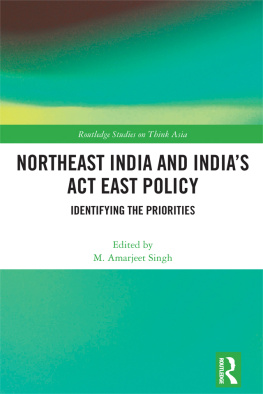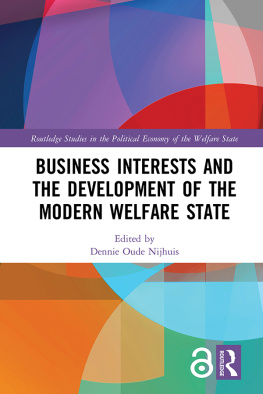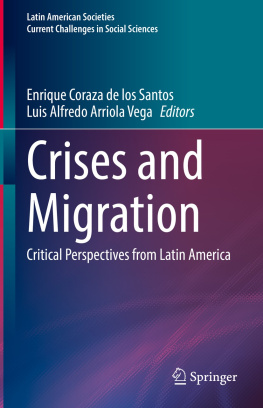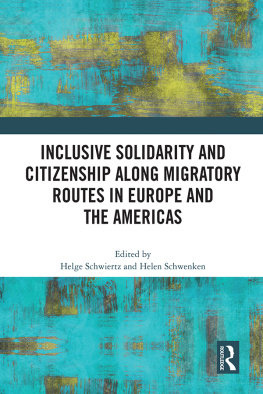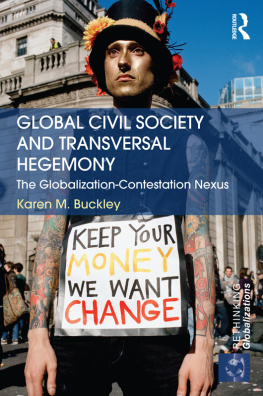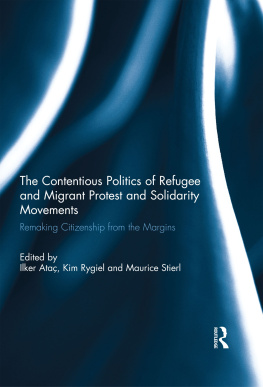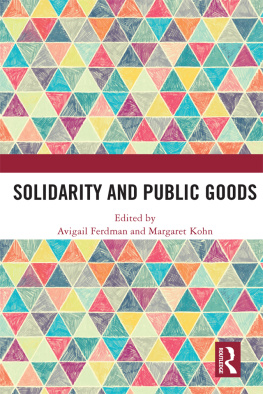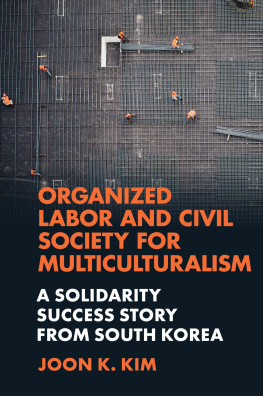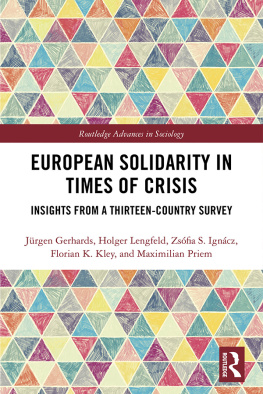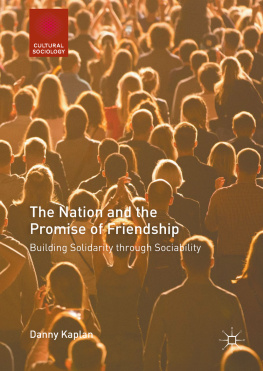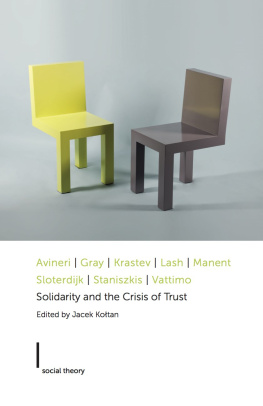Contentious Migrant Solidarity
In the context of both the financial crisis and the crisis of European migration politics, the notion of solidarity has gained renewed prominence and as this book argues its practice has become increasingly contentious. Intersecting crises have sharpened social and political polarization and have contracted simultaneously the space for migrant and minority rights as well as the rights around political dissent.
Building upon social movement and migration studies, this book maps the two sides of contentious solidarity: a shrinking civic space and its contestation by civil society. The book thereby unfolds the variety of repressive means (physical, legal, administrative and discursive) employed by governmental and non-governmental bodies against migrant solidarity, but also looks at how civil society organizations react to these restrictions through at times moderation and at times increasing contention. The diagnosis of contentious solidarity is located within two broader trends affecting the relationship between the state and civil society in a neoliberal context in general and since the financial crisis in particular.
Bridging studies on social movement studies and civil society organizations, this volume contributes to recent reflections on repression of social movements as well as of a hybridization of civil society organizations. Given its broad scope and the utmost timeliness of the issues it addresses, the volume will be of interest to a broad academic and non-academic audience.
Donatella della Porta is Professor of Political Science, Dean of the Faculty of Political and Social Sciences and Director of the PhD program in Political Science and Sociology at the Scuola Normale Superiore in Florence, where she also leads the Center on Social Movement Studies (Cosmos). In 2011, she was the recipient of the Mattei Dogan Prize for distinguished achievements in the field of political sociology. She is Honorary Doctor of the universities of Lausanne, Bucharest, Goteborg, Jyvaskyla and the University of Peloponnese. Among her very recent publications are: Social Movements: An introduction, 3rd edition (2020), Can Social Movements Save Democracy? (2020), Die schne neue Demokratie. ber das Potenzial sozialer Bewegungen (2020), Contesting Higher Education (2020), Discoursive Turns and Critical Junctures (2020), Legacies and Memories in Movements (2018).
Elias Steinhilper is a postdoctoral researcher at the German Centre for Integration and Migration Research (DeZIM) in Berlin and a member of the Centre on Social Movements Studies (Cosmos) in Florence. Trained as a political sociologist in Berlin, Freiburg and Florence, he has a particular interest in migration, political conflict, civil society and social movements. His research has been published in various peer-reviewed journals including Sociology, Social Movement Studies, International Migration and in the recent monograph Migrant Protest. Interactive Dynamics in Precarious Mobilizations (2021).
The Criminalization of Political Dissent
Series editor: Professor Judith Bessant, RMIT University, Melbourne, Australia
This challenging new book series explores the way governments since 9/11 from across the political spectrum intensified their efforts to criminalize both traditional and new forms of digital political dissent. The series will feature major contributions from the social sciences, law and legal studies, media studies and philosophy to document what happens when governments choose to regard activists campaigning for increased government transparency and accountability, environmental sustainability, social justice, human rights and pro-democracy as engaging in illegal activities.
The book series explores the legal, political and ethical implications when governments engage habitually in mass electronic and digital surveillance, outlaw freedom of movement real and virtual public assembly and prosecute digital activists. The books in this series are a must read for anyone interested in the future of democracy.
Shooting the Messenger
Criminalising Journalism
Andrew Fowler
Criminalizing Dissent
The Liberal State and the Problem of Legitimacy
Rob Watts
Contentious Migrant Solidarity
Shrinking Spaces and Civil Society Contestation
Edited by Donatella della Porta and Elias Steinhilper
For more information about this series, please visit: https://www.routledge.com/The-Criminalization-of-Political-Dissent/book-series/CRIMPD
First published 2022
by Routledge
2 Park Square, Milton Park, Abingdon, Oxon OX14 4RN
and by Routledge
605 Third Avenue, New York, NY 10158
Routledge is an imprint of the Taylor & Francis Group, an informa business
2022 selection and editorial matter, Donatella della Porta and Elias Steinhilper; individual chapters, the contributors
The right of Donatella della Porta and Elias Steinhilper to be identified as the authors of the editorial material, and of the authors for their individual chapters, has been asserted in accordance with sections 77 and 78 of the Copyright, Designs and Patents Act 1988.
All rights reserved. No part of this book may be reprinted or reproduced or utilised in any form or by any electronic, mechanical, or other means, now known or hereafter invented, including photocopying and recording, or in any information storage or retrieval system, without permission in writing from the publishers.
Trademark notice: Product or corporate names may be trademarks or registered trademarks, and are used only for identification and explanation without intent to infringe.
British Library Cataloguing-in-Publication Data
A catalogue record for this book is available from the British Library
Library of Congress Cataloging-in-Publication Data
A catalog record has been requested for this book
ISBN: 978-0-367-53832-3 (hbk)
ISBN: 978-0-367-53834-7 (pbk)
ISBN: 978-1-003-08342-9 (ebk)
DOI: 10.4324/9781003083429
Typeset in Goudy
by codeMantra
Donatella della Porta and Elias Steinhilper
DOI: 10.4324/9781003083429-1
In the context of both the financial crisis and the crisis of European migration politics, the notion of solidarity has gained renewed prominence (della Porta, 2018; Lahusen and Grasso, 2018; Agustn and Jrgensen, 2019; Bauder and Juffs, 2020; Malamidis, 2020). Furthermore, as we argue in this book, its practice has become increasingly contentious. The multiple crises that, since the financial breakdown in 2008, have hit the globe have challenged civil society organizations in several ways. Not by chance, the diagnosis of shrinking or closing spaces has spread to indicate the increasing challenges organizations and activists engaged in solidarity meet (van der Borgh and Terwindt, 2012; Anheier, Lang and Toepler, 2018; Swiney, 2019).
Parts of this dynamic date back even longer and are related with the proliferation of anti-terror regulations introduced in the aftermath of the attacks on September 11, 2011 (Swiney, 2019). Since 2008, the socioeconomic crises have brought about further retrenchment of the welfare state and cuts in public funding and donations for civil society organizations. In addition, neoliberal transformations of society, which date from long before the financial crisis, over time, have resulted in an increasing dissatisfaction among citizens with (multiple) governments failure to keep up to the promises of economic growth and a gradual move toward post-democratic modes of governance (Crouch, 2004). A veritable crisis of the legitimacy of liberal democracy translated into an increasing polarization of society, among others, around the integrationdemarcation (Hutter, 2014; Hutter, Grande and Kriesi, 2016) or communitarian-cosmopolitan cleavage (Wilde



